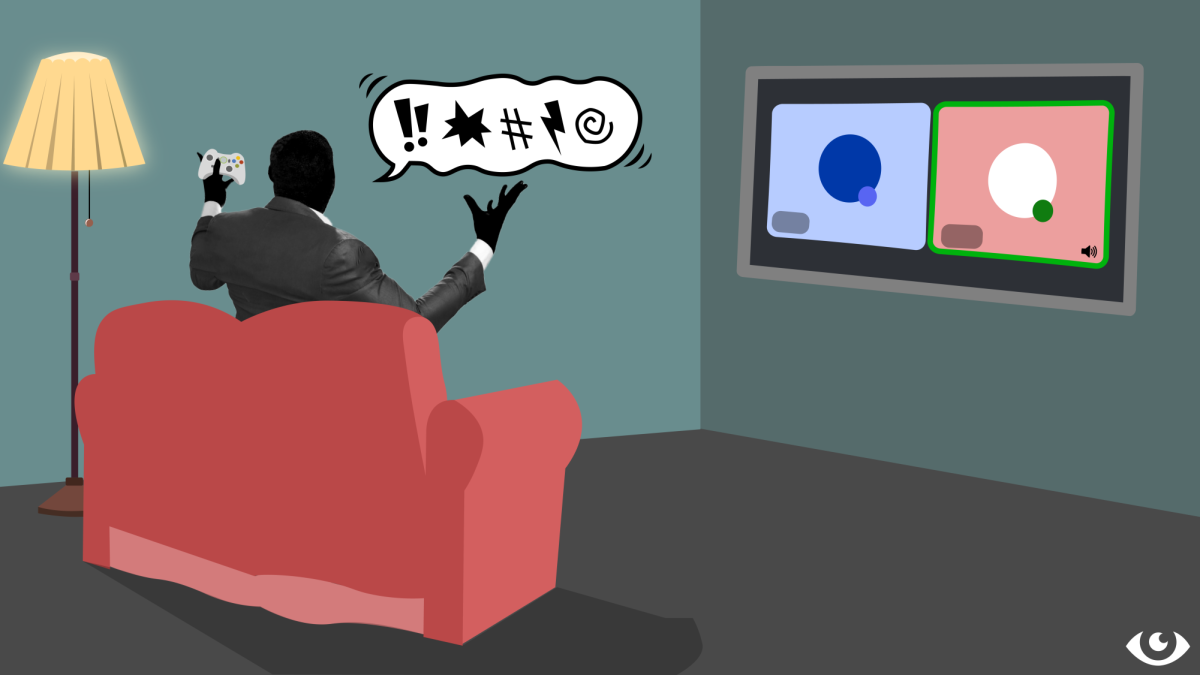This is a rebuttal to “It’s More than a Flag” by Alice Harris on page 18 of the December issue of the Crimson Record. The December edition is embedded below.
Many critics of those who respectfully refuse to stand for the Pledge of Allegiance argue that objectors abstain out of laziness or spite. On the contrary, there are a diverse number of thoughtful reasons why students may choose not to stand for the pledge, and I urge my fellow students to respect that choice, even if they personally disagree.
Although the Supreme Court ruled in Barnett v. West Virginia Board of Education that it was unconstitutional for teachers to compel students to recite the Pledge of Allegiance, this doesn’t prevent conscientious objectors from being harassed and looked down upon by their teachers and peers for merely exercising their right to disagree with the contents of the pledge. During my freshman year, one of my teachers threatened to send me to the principal’s office if I would not recite the pledge, from which I abstain on personal moral grounds. Often heard are the jeers of classmates–“Stand up, hippy.”
“I don’t stand for the pledge out of protest,” says Matt Levesque (11, YPAS). “I think it’s untrue; there is not liberty and justice for all.” Levesque demonstrates that many of those who decline to recite the oath do so with more in mind than simple “laziness”, but rather out of the conviction that the pledge itself is wrong. This is certainly a matter of opinion, but it is one that students have the right to express without ridicule.
Most people don’t actually think about the pledge or its contents, as it has reached ritual status in educational society. More akin to brushing one’s teeth or commuting to work, it’s a part of the daily routine and has lost all real context and meaning. “I never really think about it at all,” admits Kayla Soren (11, HSU).
But when students are actually challenged to think about the meaning of the pledge and what it implies, many express concern. “I just now realized that the pledge is filled entirely with really chauvinistic, thinly-veiled propaganda,” says Thomas Barber (11, HSU). Students who feel this way shouldn’t be pressured to participate in a ritual that they feel is morally reprehensible.
The fact is that even though students possess the legal right to abstain from the ceremony, many comply to avoid coercion by teachers or social stigma. Jennifer Ding (11, HSU) says that though she personally objects to the pledge, she stands for it anyway. “Even though I know that I have the right to abstain, my teacher gives us a death glare if she catches us not standing,” Ding says. “I will sometimes stand to avoid pressure from teachers and other students,” Barber adds.
A common non-sequitur that can be found in “It’s More than a Flag” is that objectors are somehow disrespecting those who have died in service in the American military. The simple fact is that these two things have nothing to do with one another. We can grieve for those lost in the line of duty and still disagree with the contents of the pledge.
The problem lies in students’ and teachers’ overall lack of awareness about the constitutional right to abstain from reciting or standing for the Pledge of Allegiance. None of the 11 students interviewed for this editorial were aware of their rights.
It would seem that the best option for protecting the free exercise and free speech rights of these students would be twofold:
First, to change the pledge from what currently constitutes a de facto opt-out system to an opt-in one in which students who want to participate may express the need to do so, but students who do not wish to are not prompted.
Second, to use a small period of instructional time during standard professional development periods to make the right of the students not to observe the pledge clear to JCPS teachers. This effectively solves the problem of potential instructor coercion by ensuring that teachers understand the constitutional rights of their students.







Anonymous • Mar 9, 2015 at 8:36 pm
“One nation, under jesus christ. With liberty and justice for property owning white males.” It is reasonable for any person who does not wish to stand for the pledge to sit. This constant pressure from our peers and teachers is just disgusting. America constantly falls flat on its promise of liberty and justice for all. I know that I will never pledge allegiance with sincerity as long as injustice is common in these United States.
Anonymous • Jan 27, 2015 at 12:01 am
There’s a joke in my APHG class concerning the Pledge. Every morning, a few people will recite the pledge normally, until they reach the last lines. It gets me every time:
“One nation,
Under Canada,
Above Mexico,
With Liberty and Justice for some”